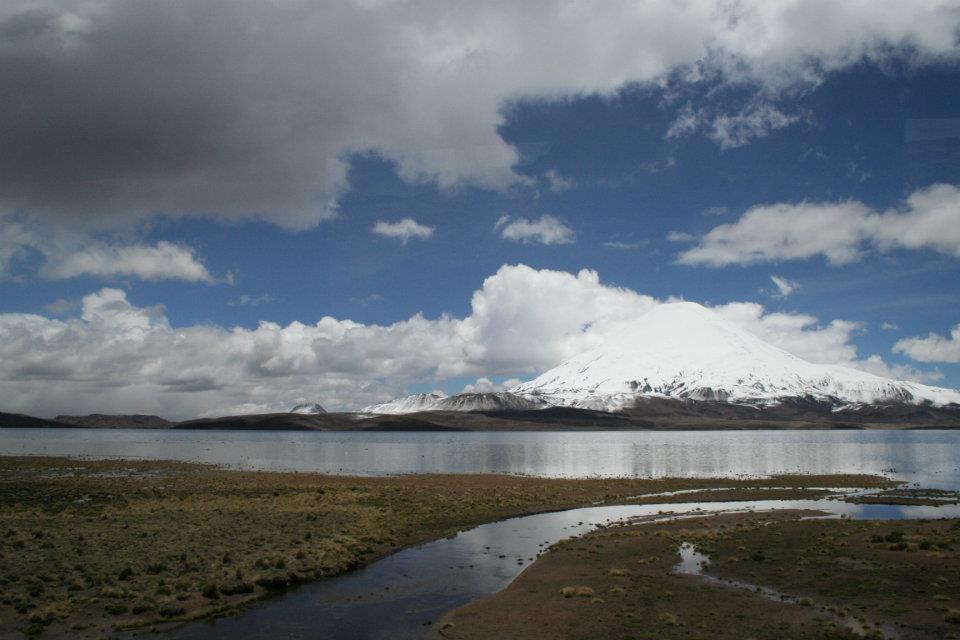A new report warns human-driven climate change is having dramatic health, ecological and financial impacts across United States. The White House’s “National Climate Assessment” details how the consequences of climate change are hitting on several fronts — rising sea levels along the coasts, droughts and fires in the Southwest, and extreme rainfall across the country. It warns that unless greenhouse emissions are curbed, U.S. temperatures could increase up to 10 degrees Fahrenheit by the end of the century. Reportedly the largest, most comprehensive U.S.-focused climate change study ever produced, the report is being called a possible “game changer” for efforts to address climate change. We speak with Radley Horton, a climatologist at the Center for Climate Systems Research at Columbia University, who co-wrote the Northeast region chapter of the National Climate Assessment. “This report really tells the story very succinctly about how all Americans will be impacted by climate change,” Horton says. “It’s a nonpartisan issue.”
Transcript
This is a rush transcript. Copy may not be in its final form.
NERMEEN SHAIKH: A major new report warns that human-driven climate change is already having dramatic health, ecological and financial impact across the nation. The study, known as the National Climate Assessment, was released by the White House on Tuesday and is being called a possible “game changer” for efforts to address climate change. The study details how the consequences of climate change are hitting on several fronts: rising sea levels along the coasts, droughts and fires in the Southwest, and extreme precipitation across the country.
AMY GOODMAN: The assessment finds the number and strength of extreme weather events have increased over the past 50 years. And it describes an ongoing sea-level rise, which it says will increase the risk of erosion and storm-surge damage, raising the stakes for the nearly five million Americans living in coastal areas. The report also concludes the past decade was the country’s warmest on record, and the human influence on climate has, quote, “roughly doubled the probability of extreme heat events.” After the report was released Tuesday, President Obama spent part of day discussing its major findings with television meteorologists from across the country.
PRESIDENT BARACK OBAMA: The assessment is clear: Not only is climate change a problem in the future, it’s already affecting Americans. It’s increasing the likelihood of floods, increasing the likelihood of drought. It’s increasing the likelihood of storms and hurricanes. It’s having an impact on our agriculture. It’s having an impact on our tourism industries. And people’s lives are at risk. So, the emphasis on the climate action plan that I’ve put forward, as well as this assessment, is there are things we can do about it, but it’s only going to happen if the American people and people around the world take the challenge seriously.
AMY GOODMAN: Well, for more, we’re joined now by Radley Horton. He’s a climatologist at the Center for Climate Systems Research at Columbia University. He co-wrote the Northeast region chapter of the new National Climate Assessment.
Read the full transcript at Democracy Now!










